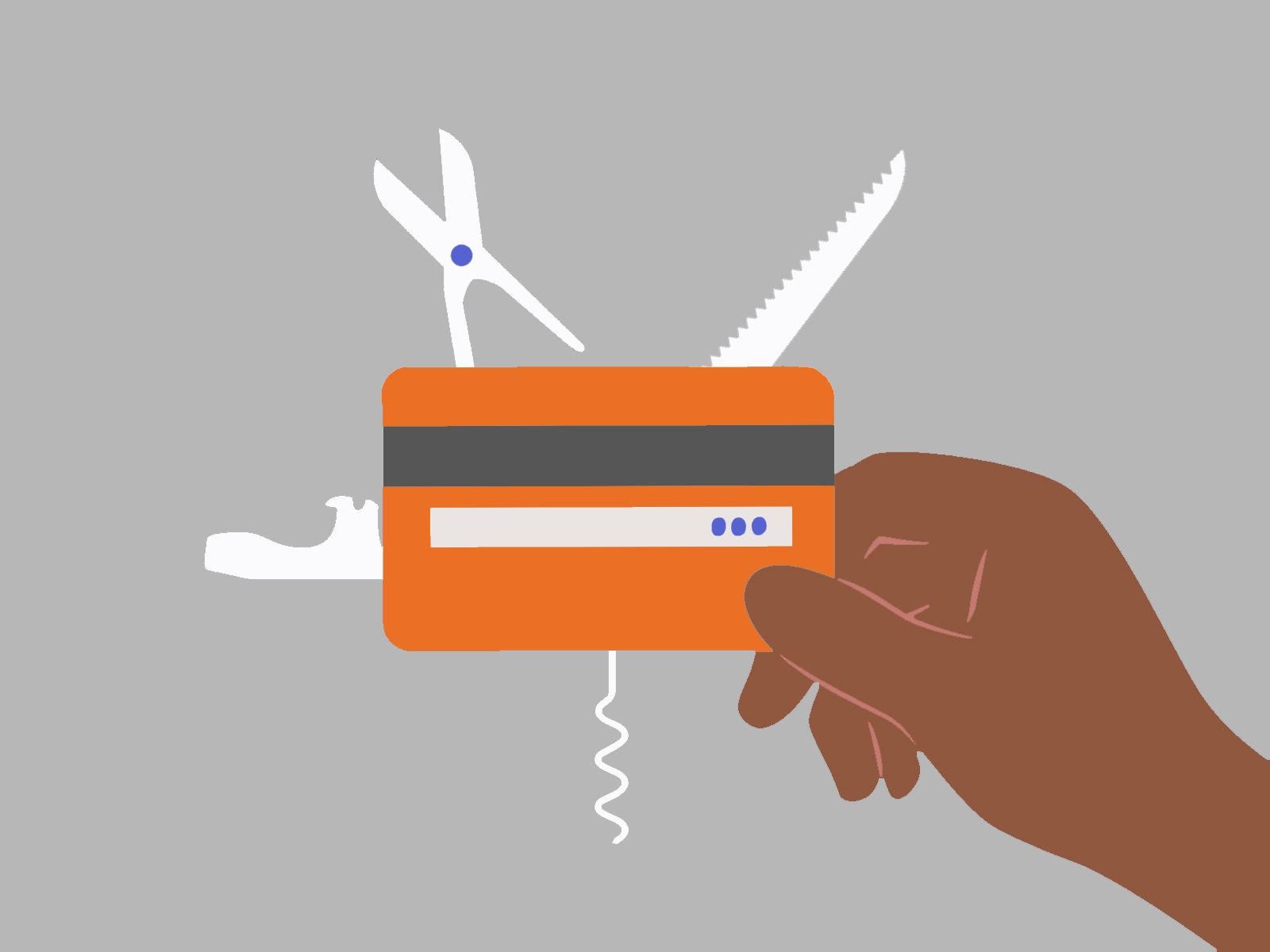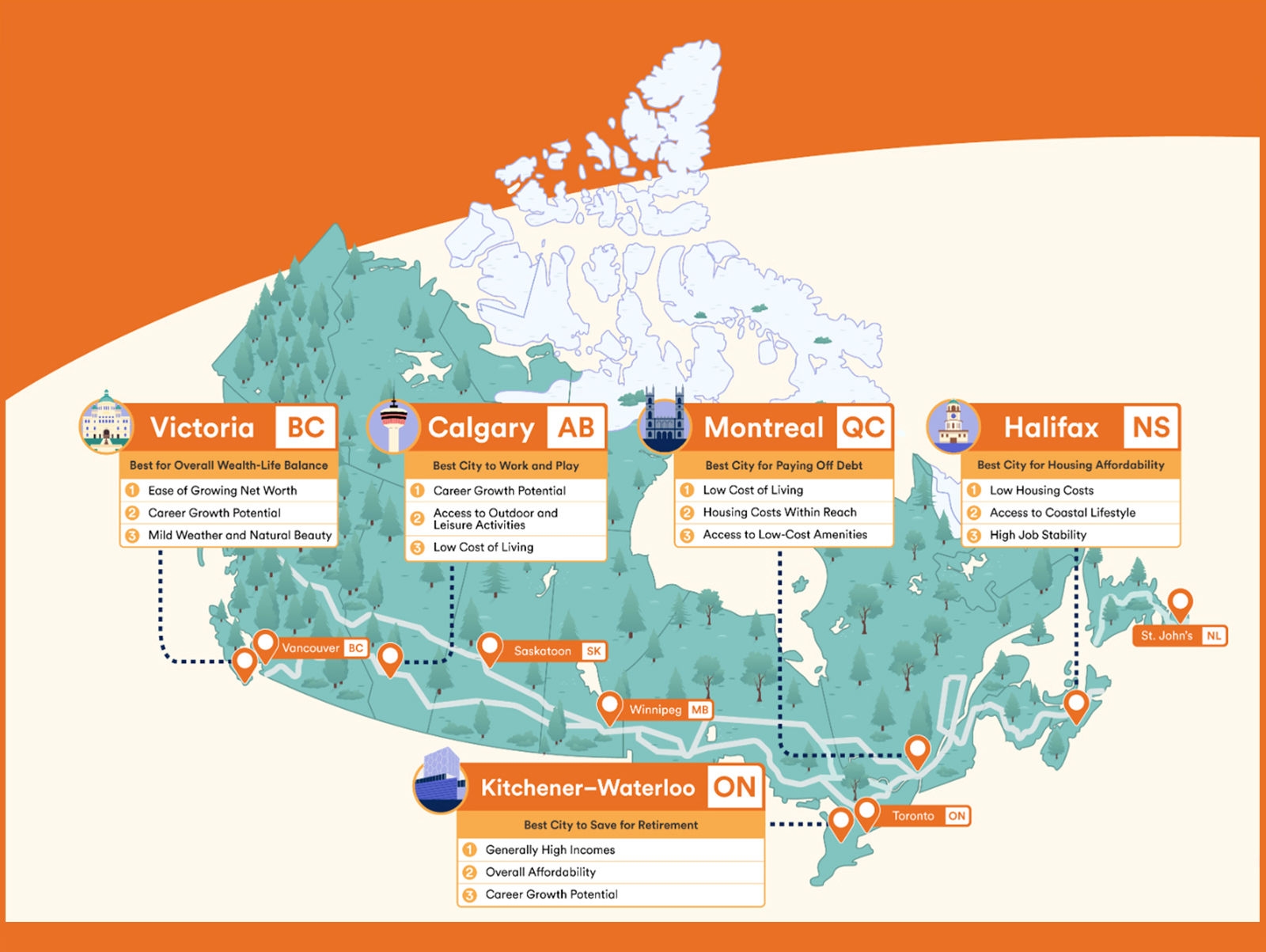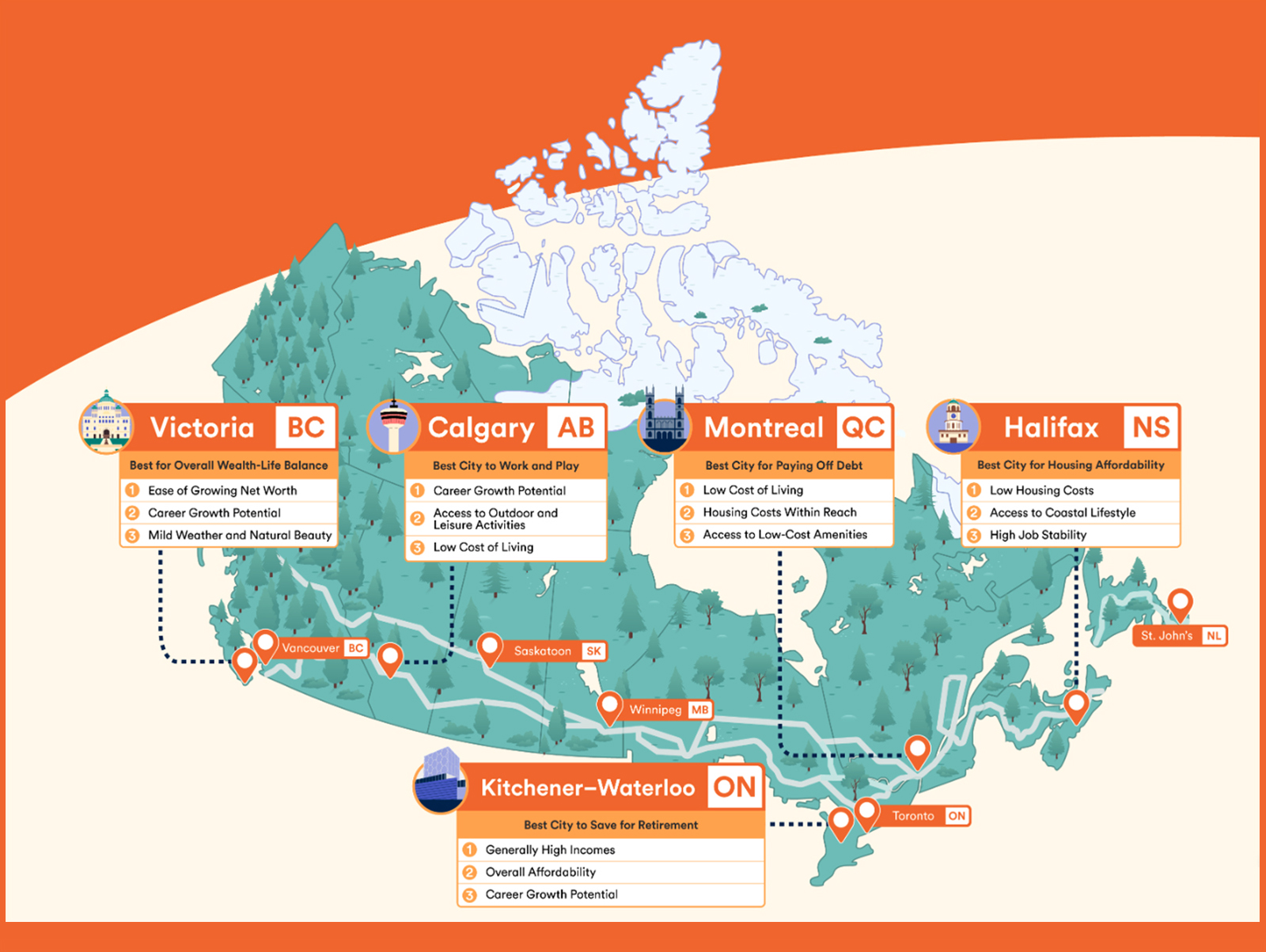Federal budget 2025: What it could mean for you
There’s been a lot of anticipation for the 2025 federal budget, which Prime Minister Mark Carney had promised to be both “transformational” and “generational.” It comes at a time of slower projected GDP growth and growing uncertainty over our relationship with our largest trading partner, the United States.
Federal Finance Minister François-Philippe Champagne unveiled the 493-page budget, titled Canada Strong, the first of Carney’s minority Liberal government, on Tuesday in Ottawa, with a promise “to transform our economy from one that is reliant on a single trade partner, to one that is stronger, more self-sufficient, and more resilient to global shocks.”
It includes about $280 billion of capital investment over five years, a roughly 10% cut to the Federal workforce by 2029, and a $78 billion projected deficit for 2025, with declining deficits over the years that follow.
Here are some highlights from the budget, both big and small, and what it may mean for you and your family. Please note that the measures introduced in the 2025 budget are only proposals at this time and may be modified or may not become law at all.
Consult with your tax and legal advisors for further discussion and analysis on how these proposals may affect your situation and before implementing any tax planning strategies.
A tax cut, and a top-up
Budget proposal: A modest tax cut aimed at offering relief for the middle class was announced in May 2025. If approved by Parliament, it would reduce the lowest personal income tax rate from 15% to 14.5% for 2025, and to 14% for 2026 and beyond.
But because non-refundable tax credits are based on this rate, there are rare cases where individuals would wind up getting less income tax relief overall.
To prevent this from happening, the budget proposes to introduce a temporary top-up that would effectively maintain the current 15% rate for non-refundable tax credits in cases where the taxpayer would otherwise lose out.
What it could mean for you: The Department of Finance asserts the proposed tax cut would benefit 22 million Canadians, with the greatest relief going to those in the two lowest tax brackets. The proposed top-up ensures that all those who need this relief continue to receive it.
A tax credit for personal support workers
Budget proposal: A refundable tax credit of 5% of eligible earnings for personal support workers.
What it could mean for you: The tax credit provides a value of up to $1,100 for eligible workers. Among other eligibility requirements, the worker must ordinarily provide one-on-one care and essential support in an eligible health-care facility to optimize and maintain another individual’s health, well-being, safety, autonomy and comfort.
Amounts earned in British Columbia, Newfoundland and Labrador, and the Northwest Territories would not be eligible.
Automatic benefits for lower-income individuals
Budget proposal: The government would grant the Canada Revenue Agency authority to automatically file income tax returns on behalf of lower-income individuals who meet certain criteria.
What it could mean for you: This measure can help to ensure low-income Canadians receive their credit and benefit entitlements. Prior to automatically filing an income tax return on their behalf, the CRA would give the individual a chance to review the information and submit changes, if needed. Individuals would also be able to opt out of automatic tax filing.
Cancellation of Underused Housing Tax
Budget proposal: Eliminate the Underused Housing Tax (UHT). Introduced in 2022, the UHT applies to certain owners of vacant or underused residential property in Canada, imposed on an annual basis at a rate of 1% of the property’s value.
What it could mean for you: No UHT would be payable for 2025 and subsequent years. Note, however, that the UHT is separate from the vacant home taxes levied by some Canadian municipalities.
Cancellation of luxury tax on planes and boats
Budget proposal: Eliminate the “luxury” tax on private aircraft with a value above $100,000 and boats with a value above $250,000.
What it could mean for you: Good news for anyone in the market for a pleasure craft.
Summer jobs for youth
Budget proposal: $594.7 million over two years to support around 100,000 jobs for youth in summer 2026.
What it could mean for you: Much needed help for young people. Youth unemployment was at 14.7 percent in September 2025. This initiative is part of a larger strategy to train and upskill about 175,000 youth over the next two years.
Parks, museums and … Eurovision?
Budget proposal: $116.3 million to renew the Canada Strong Pass; $150 million for CBC/Radio Canada to “strengthen its mandate,” including exploring Canada’s participation in the famed Eurovision Song Contest. Seriously.
What it could mean for you: Access to discounted museums, parks and rail travel, and a highly unlikely shot at becoming the next ABBA.
Move your pay and you could earn $2501
Open a no monthly fee Chequing Account and move your pay.










